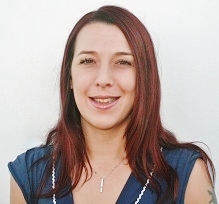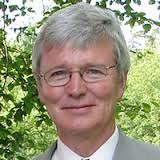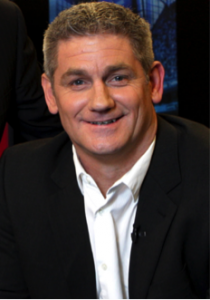 More wonderful reflections from Bill White in his latest blog posting.
More wonderful reflections from Bill White in his latest blog posting.
‘For years, the following quote has rested over my writing desk: “The Phoenix does not mourn what lies in its ashes; the serpent does not mourn its old skin.” Arthur Frank
Addiction recovery involves a progressive unpeeling of the self and focused efforts of self-construction. It is helpful in thinking of this to distinguish between remission and recovery.
Remission of an illness can involve little more than the removal of symptoms and a return to the earlier trajectory of one’s existence. In this sense, remission is regressive – a return to an earlier level of functioning.


















